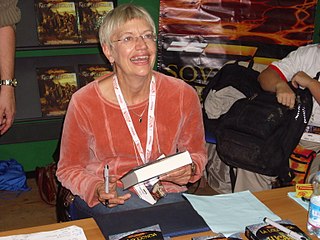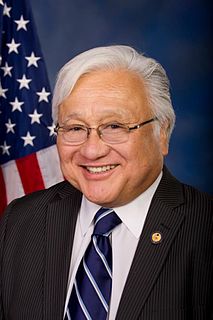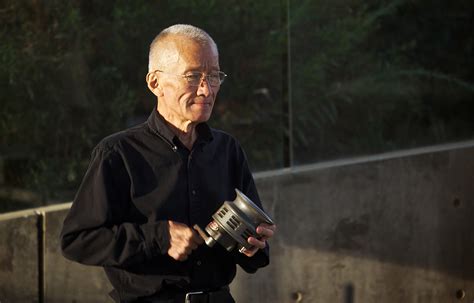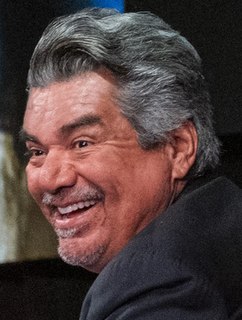A Quote by Tamlyn Tomita
I remember reading one of those big history texts in elementary school, and in that whole book there was one paragraph that mentioned that Japanese-Americans were interned. I went home and asked my father, 'You weren't, were you?' He said, 'Yes, I was.' I was shocked.
Related Quotes
What shop did this book come from? she asked. Her father was looking worried at the cooker. He always got rice wrong. I don't know, Brooksie, he said, I don't remember. That was unimaginable, not remembering where a book has come from! and where it was bought from! That was part of the whole history, the whole point, of any book that you owned! And when you picked it up later in the house at home, you knew, you just knew by looking and having it in your hand, where it came from and where you got it and when and why you'd decided to buy it.
You know," he said with unusual somberness, "I asked my father once why kenders were little, why we weren't big like humans and elves. I really wanted to be big," he said softly and for a moment he was quiet. "What did your father say?" asked Fizban gently. "He said kenders were small because we were meant to do small things. 'If you look at all the big things in the world closely,' he said, 'you'll see that they're really made up of small things all joined together.' That big dragon down there comes to nothing but tiny drops of blood, maybe. It's the small things that make the difference.
They didn't incarcerate the Japanese-Americans in Hawaii. That's the place that was bombed. But the Japanese-American population was about 45 percent of the island of Hawaii. And if they extracted those Japanese-Americans, the economy would have collapsed. But on the mainland, we were thinly spread out up and down the West Coast.



































